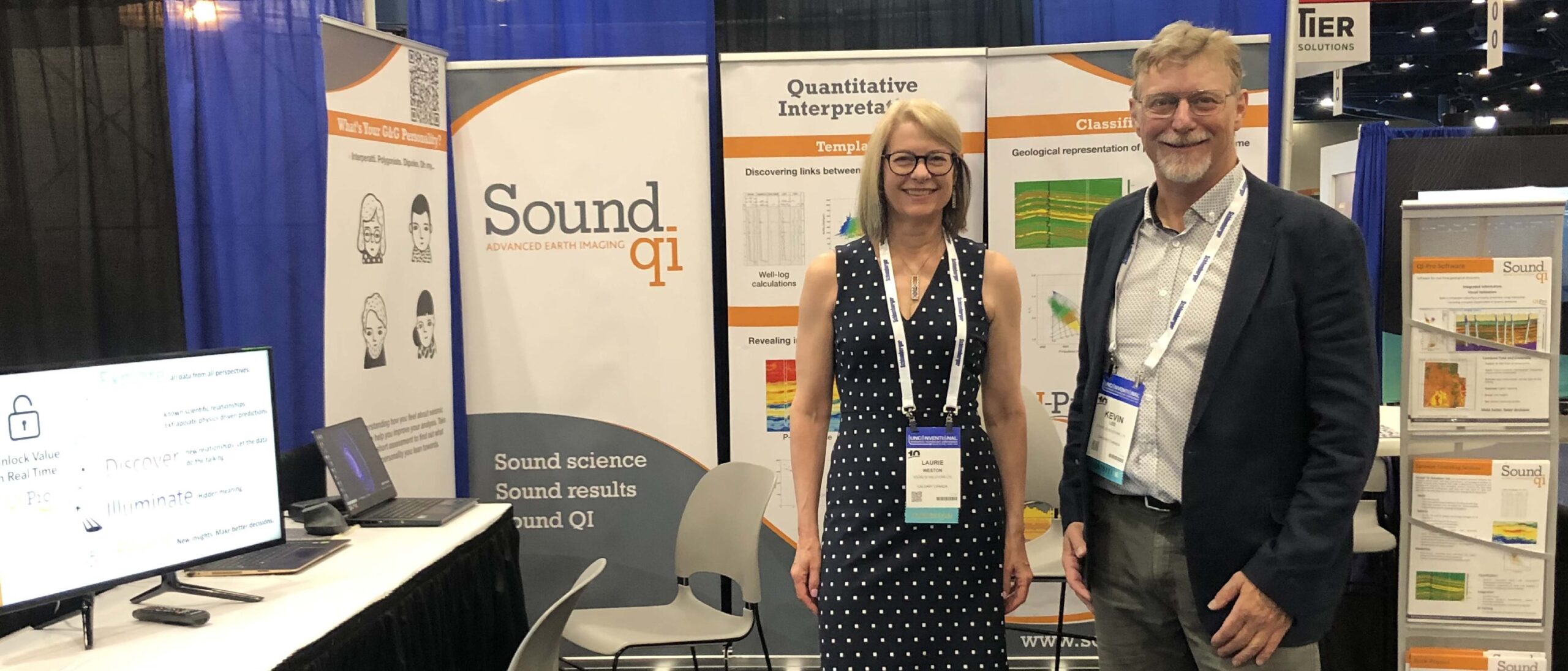Why is sharing data important for the industry?
Cost savings are the most obvious benefit from data sharing. When CDA was set up in 1993, for example, we discovered that at least 40 identical copies of most well reports and logs were being independently stored. It’s not only the storage costs that are duplicated – but also the effort, work flows, applications and infrastructure needed to manage and store this data independently.
Another advantage of data sharing is the improved speed of access that comes with distribution of data through entitlement systems. In CDA and comparable systems, data is instantly available, simply by setting an entitlement flag. Moreover, when assets are bought and sold it is easy to reassign data ownership through entitlement, making transferred data immediately available to the new investors. If regulators are included in data sharing arrangements, then licensees can configure a business rule which enables them to comply with reporting obligations and to receive alerts where there is a risk of breach.
Through sharing, stakeholders collaborate to achieve the completeness, quality and consistency of a single ‘gold standard’ data collection. Sharing also brings consistency in terms of reference metadata and taxonomies. Indeed, this is a condition for sharing – items such as well and company names must be standardised before data can be shared. In CDA’s case, this imperative has driven the wider adoption of several key nomenclature standards, which today can be found in the regulations.
 Malcolm has forty years of data management experience in the oil industry, having worked with NOCs, independent oil companies, service companies and consultancies. He is on the Executive Board of the National Data Repositories group.One final, initially unforeseen, benefit is that sharing forces recognition and implementation of an entitlement model with standardised definitions which are aligned with commercial and legal rights to access and use data. These have hugely simplified the transfer of assets and have gone a long way towards eliminating inadvertent IPR breaches and the attendant risk of litigation.
Malcolm has forty years of data management experience in the oil industry, having worked with NOCs, independent oil companies, service companies and consultancies. He is on the Executive Board of the National Data Repositories group.One final, initially unforeseen, benefit is that sharing forces recognition and implementation of an entitlement model with standardised definitions which are aligned with commercial and legal rights to access and use data. These have hugely simplified the transfer of assets and have gone a long way towards eliminating inadvertent IPR breaches and the attendant risk of litigation.
How much progress has been made?
Enormous progress has been made in mapping the relationship between legal rights and obligations and sharing arrangements. More work undoubtedly remains but there is a growing understanding of how the legal/commercial world and data management interact.
The models underlying entitlement systems have become increasingly sophisticated over time, now combining user properties (determined by the rights attributed to authenticated individual and organisational identities) with data properties (vintage, release status and data type, for example) through automated business rules which can be manually over-ridden on-line by data owners for specific items or for defined sets of data.
What is CDA?
CDA is a wholly-owned, not-for-profit operating subsidiary of Oil & Gas UK, founded in 1995 by industry to share subsurface geoscience data. CDA’s website (www.cdal.com) offers shared data services to more than 75 organisations and a channel for regulatory reporting, and constitutes an important component of the UK’s National Data Repository (NDR). CDA provides leadership for the UK data management community through seminars, an annual workshop event, guidelines for good practice and, most importantly, through a broad programme to professionalise data managers.
Do all countries share data?
Most countries now see the value of sharing subsurface data but this is, of course, influenced by national interests and strategic positioning and some are consequently extremely cautious in this area. There is now a very active community of National Data Repositories with representatives from more than 35 countries sharing knowledge about the role of data in promoting inward investment. It’s a fine balance, but more and more countries are now recognising the benefits available in terms of investment promotion that accompany data sharing.
Why do organisations not share data?
Everyone wants others to share their data with them but they don’t always see the obligation on their side of this contract for mutual benefit. This said, failure to share data usually reflects the challenge in finding it and understanding the rights and obligations that may be attached rather than any opposition to sharing per se.
What international data sharing developments would you like to see?
I would like to see greater cooperation internationally around sharing solutions to common challenges such as the preservation of seismic field data, and attracting and educating new data managers.
How did you get involved in data management?
I have been in the oil industry for my entire career, starting off as a cartographic draftsman with an oil company in 1972 – right at the start of the North Sea boom. Managing the growing volumes and complexity of data became an important part of my job and this is where I then developed my career, working outside the UK for more than 20 years before finally returning and accepting my current position with CDA in 1998




